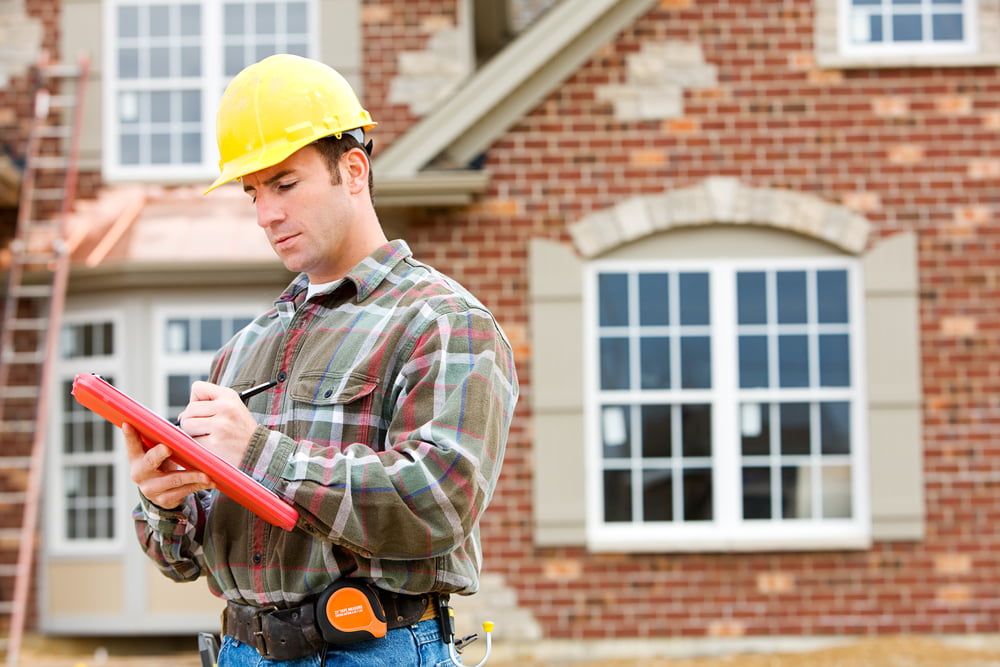They may mean extra money and be a complete pain, but pre-purchase building and pest inspections are the best thing you can do when thinking about buying a new home. There’s enough stress involved in buying a new home, so why not go the extra mile and get that added sense of security? Good pre-purchase inspections will reveal all the major and minor flaws of a house, giving you a good idea of what it’ll cost to repair and helping to prevent any nasty shocks further down the line.
Understanding Pre-purchase Inspections Reports
With a pre-purchase inspection comes the all-important inspection report, and it’s crucial that you understand the ins and outs of a document like this. Interpreting the report can be tricky, especially if you aren’t familiar with the processes involved. Here are a few things you can keep an eye out for, so you’ll be able to better understand what the inspection uncovers.
What is a pre-purchase inspection?
So, what exactly is a pre-purchase inspection? Basically, you hire a professional building inspector who will examine the property you’re looking to buy to determine if there are any serious issues that need to be addressed. Hiring a qualified inspector to check the interior, exterior, roof space and sub-floor of the house means you’ll be left with the peace of mind of knowing that the home will be safe for you to move into and that there won’t be any nasty and potentially expensive surprises lurking behind a beautiful exterior.
Why are inspections essential?
So why exactly do you need an inspection before you buy a house? Here are a few reasons why they’re essential when attempting to make this life-altering decision.
You need to check for any issues with the house’s structure.
Safety concerns are the number one reason for getting an inspection. Any structural weaknesses could cause the house (or other buildings on the property) to collapse, particularly during storm condition, causing injury to anyone who may be inside. Issues like these may be nearly impossible to repair without major reconstruction, and the potential injuries to your family and friends just aren’t worth it. It’s important to remember that buildings have to conform to building codes and Standards of Australia.
You need to have any unsafe areas identified and prioritised for repair urgency.
An inspection is the safest and most effective way of making sure the house is safe for you to live in. It will reveal if there are items like asbestos or other dangerous materials, any cracks in the walls, or damage to balustrades. It will also reveal any electrical wiring faults, which could be disastrous if left undetected.
Other buildings on the property need to be examined as well—things like sheds and patios, carports, whatever might exist. Local council regulations will vary from shire to shire, but most will dictate where these structures can be built. If the property you buy doesn’t conform to the regulations of your council, you may have to remove or modify those buildings, which could end up being costly.
You need to create a budget for repairs—and figure out how much you are prepared to spend to bring the house up to code.
Without an inspection, there could be big hidden costs for repair issues. When you receive an inspection report, you’ll have an indication of what small and large items are on your list for repair. You’ll be able to hire a professional to give costing estimates on specific repairs and you can devise a more accurate budget for renovating your delight. An inspection report will also let you know exactly what needs to be done to bring the building up to where it needs to be to fit your standards or Australian standards. An initial outlay for a pre-purchase inspection can be both a lifesaver and cost saver when it comes to renovations.
Finally, be aware that a huge benefit of a pre-purchase inspection is that if only minor issues are found with the property, you can use this as a powerful negotiating tool when it comes to price. The best time to achieve this is before the cooling-off period.
What red flags should you take note of?
There are a few major red flags you should be keeping an eye out for when you hire a professional to undertake a pre-purchase inspection on a property. First, you need to ensure that the inspection company you use adheres to all the regulations and requirements for conducting building inspections within Australia. They will need to be able to speak a language you can read or at least decipher—less emphasis on the industry jargon and more on helping you understand the property’s problems.
Experts recommend viewing a sample report from the building inspector you’re considering. This will allow you to view their reporting style upfront and ask them any questions about the process. A good inspector will happily discuss any results and answer any questions you might have. If an inspector isn’t readily available with information you might need, that’s a red flag right there!
Obviously, your report should make you aware of any and all faults on the property. Most houses have faults, usually minor, however sometimes major, so it’s a matter of determining the number of flaws and their severity. Faults can often be hidden and easily overlooked, making them pretty dangerous. Unhealthy mould, poor electrical wiring, or a balustrade that’s rusty or moves can cause structural integrity to be compromised. These are all serious faults, and should be reported to potential buyers.
A good inspector would inform the buyer of the issues and present all the facts as they are. A good inspector, however, wouldn’t give advice to you about proceeding (or otherwise) with the purchase. It has to be the buyer’s decision and a good inspector will give you all the necessary information to help you make an educated one.

